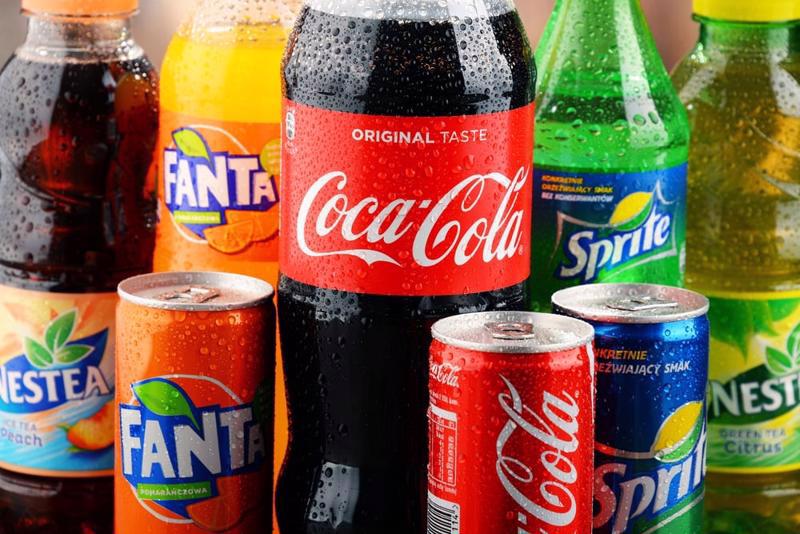According to current Vietnamese standards, sugary drinks that can be subjected to this new Special Consumption Tax (SCT) rate of 10% include caffeinated drinks, herbal drinks, refreshments containing fruit juices, teas as well as sports drinks,...
The new SCT rate won't be applied to milk and dairy products, natural mineral water and bottled water, vegetable-fruit drinks and nectars, or cocoa-based products.
"The increase in taxes and prices will contribute to reducing obesity, diabetes and the incidence of other non-communicable diseases in the future, especially among the younger generation. From there, the health system and hospitals will also be relieved of pressure, to avoid being overloaded”, the ministry argued in its proposal to the government..
In its report, the MoF estimated that the new SCT of 10% will contribute an additional VND2.4 trillion ($94.3 million) in taxes, assuming that taxed products account for 80 per cent and consumption decreases by 20 per cent due to price hikes.
Though, the ministry acknowledged that this revenue stream will decrease after the first year as consumers slowly move away from these products while manufacturers will change formulas and manufacture products with sugar content below the tax threshold. In 2020, total revenue from the sales of sugary drinks was around VND40 trillion ($1.57 billion).
Authorities admit that imposing the new SCT rate will reduce output, revenue, and profits of businesses producing and importing this product in the initial period. However, this will encourage businesses to produce products that are better for consumers' health.
Stating their previous views, many associations and businesses oppose the imposition of SCT on sugary drinks. According to them, it does not help solve the problem of overweight and obesity, but creates a discrimination in respect of tax policy. Not to mention, this policy will cause unwanted consequences for other related industries, such as sugarcane, retail, and packaging.
To argue these points, the MoF stated that the use of sugary drinks has been one of the main causes behind an explosive increase in cases of non-communicable diseases in Vietnam. “The rate of child obesity has doubled from 8.5% in 2010 to 19% in 2020”, the MoF noted in its proposal.
In addition, the ministry also cited data from the National Institute of Nutrition showing that sugary drink consumption per capita has increased nearly 1.5 times in seven years, reaching 70.56 liters per capita in 2020.
The MoF affirmed that taxing sugary drinks has become a common trend around the world. Currently, about 85 countries have imposed this tax, an increase of nearly 6 times compared to 10 years ago.









 Google translate
Google translate